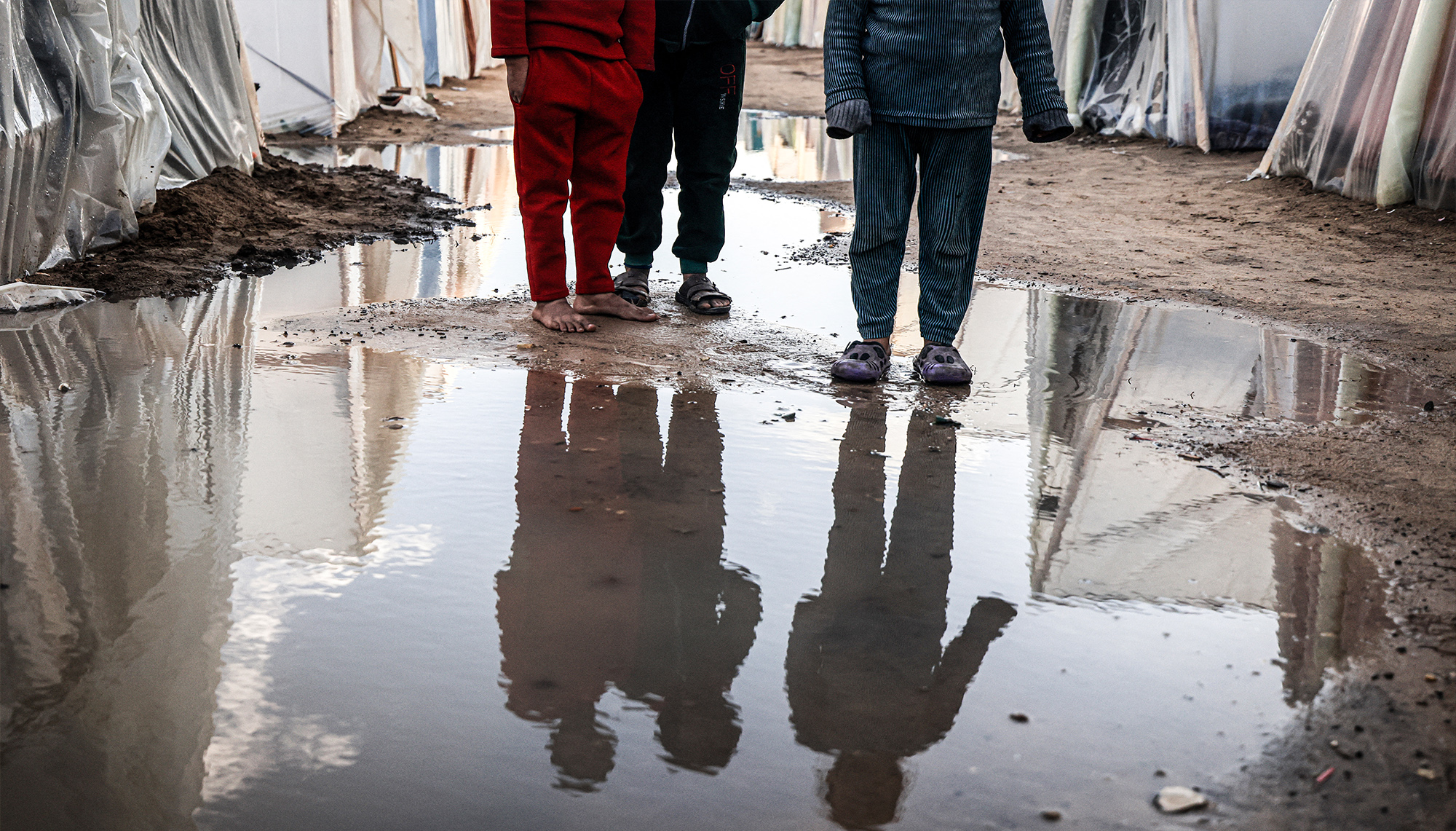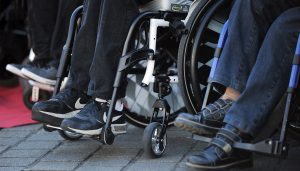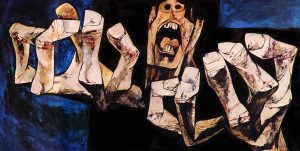In the 95-page report, “Torture and Impunity in Jordan’s Prisons,” the New York-based watchdog organization accuses the Jordanian government of failing to prevent extensive rights violations of inmates, often political dissidents or government opponents.
“Torture in Jordan’s prison system is widespread even two years after King Abdullah called for reforms to stop it once and for all,” said Sarah Leah Whitson, Middle East director for Human Rights Watch. “The mechanisms for preventing torture by holding torturers accountable are simply not working.”
The report is based on interviews with 110 prisoners in seven of Jordan’s 10 prisons. The organization said that 60% of the inmates indicated that they were victims of ill treatment, often amounting to torture. The group also said that Islamic activists accused or convicted of crimes involving national security faced greater abuse than other prisoners.
Sometimes, the report says, prisoners are tortured for minor rule breaking.
“Five days ago, guards beat me with the padlock on the door to our ward because I went to the toilet with the wrong clothes,” said a prisoner identified in the report as Ghaith. “Then they took me to the gate, hung me by the wrists with two separate handcuffs, spreading my arms out between two window grills, and punched me in my stomach and chest.”
According to the report, the most common forms of torture include beatings with cables and sticks and suspension by the wrists from metal grates for hours at a time. Although torture is not part of a general policy, the report indicates that prison directors and high-ranking guards “have ordered and participated in large-scale beatings.”
Jordan is often described by Washington as one of its most valuable allies in the Arab world. U.S. economic assistance to the kingdom is up 48% this year from 2007, the American Embassy in Amman says. Last year, the U.S. provided Jordan with $255.3 million, mostly in military aid.
“Jordan is among our strongest partners and closest friends,” David Hale, Washington’s envoy to Amman, the Jordanian capital, said in January. “This increased level of assistance shows the bipartisan support in America for the difficult choices Jordan has made in its homegrown reform efforts.”
Jordanian authorities have taken modest steps to reform the kingdom’s prisons. Officials launched a program in 2006 to improve conditions and accountability. But the Human Rights Watch report says facilities continue to be beset by inadequate healthcare and unsanitary conditions.
It adds that, although torture became a crime for the first time last year, no guards have been prosecuted for abusing inmates.
“Jordan has made some attempts to address the problem of torture in prison, but the bottom line is that the measures have been insufficient, and torture persists as a consequence,” Whitson says in the report.
Law enforcement officials are often asked to investigate and prosecute fellow officers accused of torture, creating the potential for conflicts of interest, the report says. Human Rights Watch recommended that abuse investigations be handled by civilian prosecutors.
“The police and prison service cannot credibly investigate itself,” Whitson said. “Civilian prosecutors and judges should take over all investigations of prison abuse to end impunity for torturers and begin to provide redress for victims of torture.”
Los Angeles Times staff writer Borzou Daragahi contributed to this report, which was originally published on the LATimes.










